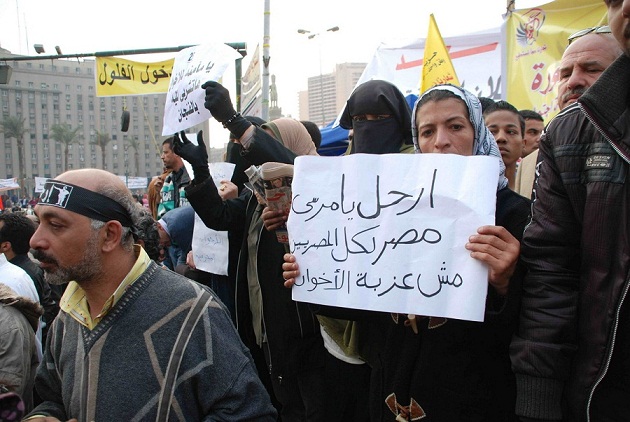Many have called for the development of Egypt’s weapons arsenal because powerful nations live in peace. Calls for the development of armament remained neglected by the state, which argued that times of war have ended.
In previous years, the Middle East witnessed a number of wars and conflicts not witnessed since the October War of 1973. During this period, Egypt’s political leadership signed a large number of arms deals and even resumed local arms manufacturing.
Daily News Egypt sheds light on the most important Egyptian arms deals since 2012.
In 2012, Egypt signed a deal with Germany to buy four Type 209/1400 mod-class submarines, of which two have already been delivered to Egypt at a cost of €920m.
In 2014, Egypt signed agreements for Russian arms worth $3.5bn during President Abdel Fatah Al-Sisi’s visit to Russia. The deal included the S-300VM (Antey-2500) anti-ballistic missile system worth $500m, S-300 missiles, Mikoyan MiG-29 aircraft, Sukhoi Su-30 fighter aircraft, rocket-propelled grenades (RPG), and T-90 tanks.
In the same year, Egypt bought submarine equipment worth €22.7m, extending military cooperation with China, France, and other countries.
The year 2015 witnessed a real breakthrough in the development of the Egyptian arsenal, with research centres calling it the “year of armament”.
During this year, Egypt signed nine arms deals with Russia. In addition, Moscow granted Cairo P-32 Molniya-class missile boat as part of the military cooperation between the two countries. The new vessel participated in the opening ceremony of the New Suez Canal within the Egyptian Navy.
Meanwhile, Egypt concluded three weapons deals with France worth $1.1bn, notably the purchase of 24 Rafale fighter jets and two Mistral-class amphibious assault ships.
France also vowed to aid in upgrading Mirage 2000 and Mirage 5 aircraft obtained by the Egyptian Armed Forces previously, as well as providing air navigation and radar equipment in a deal estimated at $2.5bn.
Regarding American arms deals, Egypt received defensive weapons and spare parts of other weapons, the most important of which were the M1A1 Abrams tanks, 10 Apache helicopters, F-16 aircraft—the deal for which was suspended in 2013—and mobile surveillance systems.




